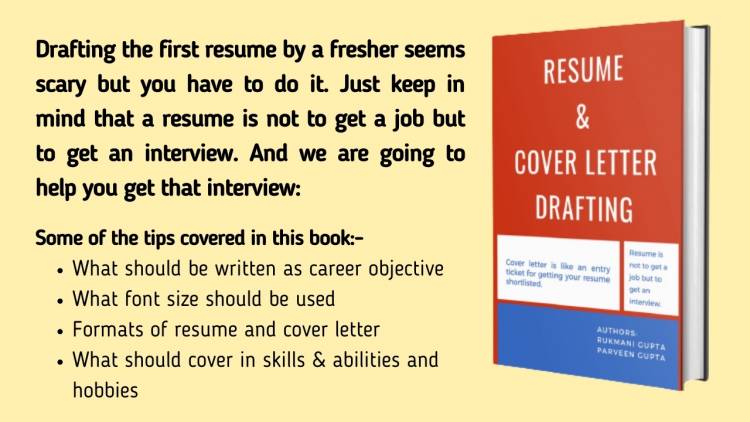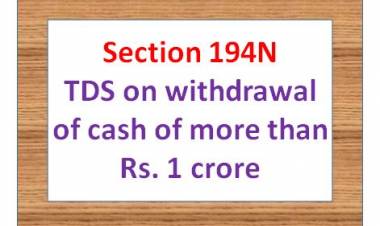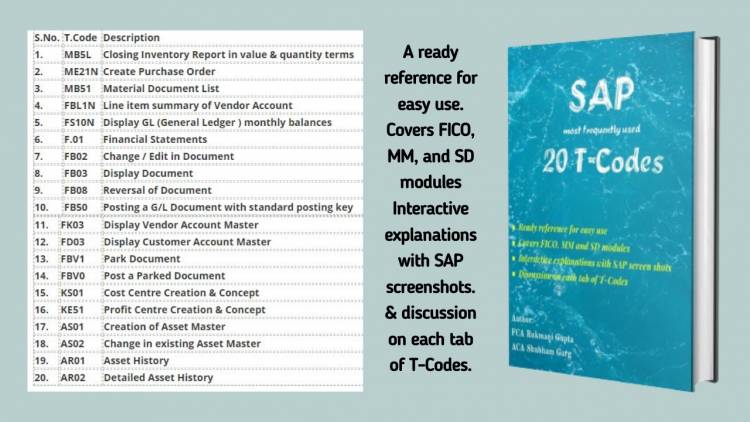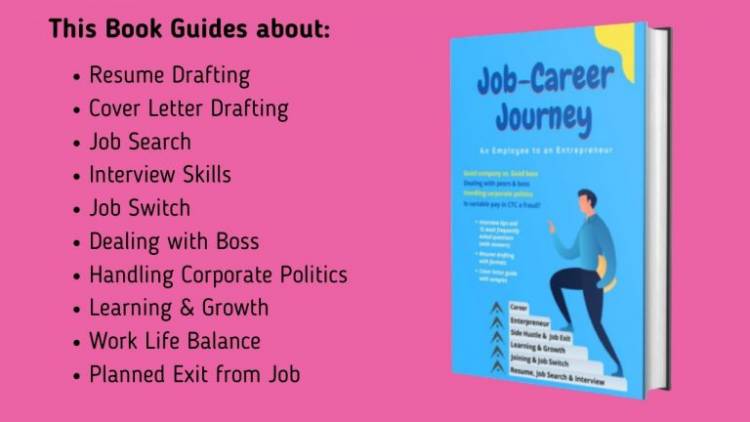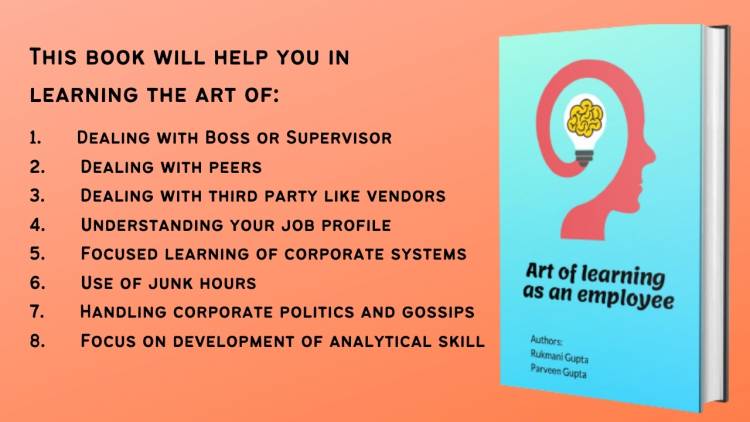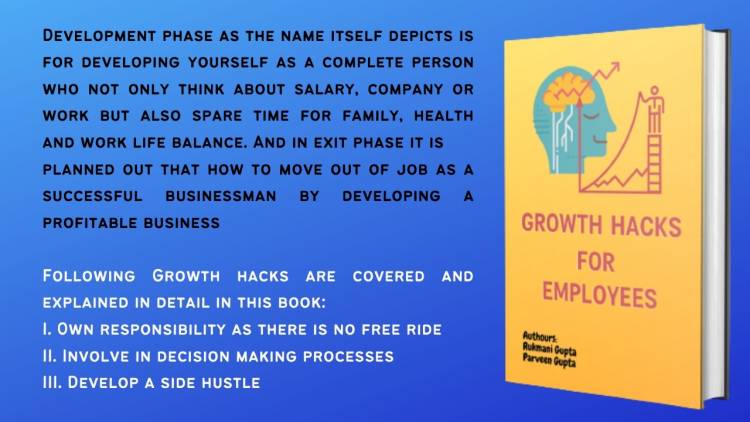Salaried Class - HOW TO REDUCE TAX BURDEN
Salaried Class - HOW TO REDUCE TAX BURDEN
Income Tax
1) Take benefit of Section 80GG - deduction on your rent
Section 80GG allows you deduction of rent up to Rs. 60000/- per annum (Rs. 5000 per month) even if you are not getting HRA. You can claim tax deduction on your House Rent Allowance (HRA) if you get HRA. There is no upper limit for this but there are a set of rules that cap the maximum HRA deduction. So Section 80GG is giving you good benefit.
2) Don’t forget to claim benefit of interest on home loan
If have taken housing loan and paying interest on it, this interest is allowed as a deduction under Section 24 of the Income Tax Act up to Rs 2 lakh per annum. If you give out the house on rent, there is no upper limit. However, after amendments you cannot claim loss of more than Rs. 2 lakh from housing property because of this interest.
3) Keep some money in your savings account
This is probably the easiest deduction under the Income Tax Act that individuals can claim. Interest on savings accounts is tax free up to Rs 10,000 per year under Section 80TTA. This limit is Rs 50,000 for senior citizens for both FD and savings account interest under Section 80TTB.
4) Charity and Donation
You can get a tax deduction on your charitable donations. There is no upper limit but different rules restrict the tax deduction amount available on your charitable contributions. For most donations to NGOs, the limit is 50% of the donated amount and up to 10% of your adjusted total income. NGOs under this section are required to have an 80G certificate for you to be able to claim this deduction.
5) Medical Insurance and Health Check-up expenses
You (as an individual or HUF) can claim a deduction of Rs.25,000 under section 80D on insurance for self, spouse and dependent children. An additional deduction for insurance of parents is available up to Rs 25,000, if they are less than 60 years of age. If the parents are aged above 60, the deduction amount is Rs 50,000, which has been increased in Budget 2018 from Rs 30,000.
In case, both taxpayer and parent(s) are 60 years or above, the maximum deduction available under this section is up to Rs.1 lakh.
Example: Mohan’s age is 65 and his father’s age is 90. In this case, the maximum deduction Mohan can claim under section 80D is Rs. 100,000. From FY 2015-16 a cumulative additional deduction of Rs. 5,000 is allowed for preventive health check.

6) Contribution to NPS
This deduction under Section 80CCD(1B) up to Rs 50,000 is only available for contributions to the NPS. The NPS allows you to invest in equity and debt pension funds and build a retirement corpus. You can withdraw it at age 60. And this deduction is over and above deduction of Rs. 1,50,000/- under section 80C.
7) Use full limit of 1.5 lakh under Section 80C
You can choose any one or multiple option out of below for limit of Rs. 1.50 lakh:
a. Tax-Saving FDs : These Fd’s are having a lock in of 5 years. And interest on these is taxable. Interest on these vary from bank to bank ranging from 6.5% to 8%.
b. PPF (Public Provident Fund): Public Provident Fund is a government scheme with a tenure of 15 years. The interest on PPF is tax-free. Interest on PPF keep on revising ranging from 7.5% to 8.5%.
c. Home Loan Repayment: Repayment of the principal amount on a home loan is tax deductible up to Rs 1.5 lakh per annum.
d. Payment of tuition fees: Payment of tuition fees for your children (max. two) is tax deductible up to Rs 1.5 lakh per annum.
e. EPF: Under the EPF Act. 12% of the pay of employees in the organised sector is deducted towards Employees Provident Fund. This deduction is allowed for Rs 1.5 lakh limit under Section 80C.
f. NSC (National Saving Certificate): A National Savings Certificate has a tenure of 5 years and a fixed rate of interest. The interest on NSC is also automatically counted towards the Rs 1.5 lakh 80C limit.
g. Life Insurance Premiums: Premiums for different types of insurance policies including ULIPs, term insurance and endowment policies are tax deductible up to Rs 1.5 lakh. However, the insurance cover must be at least 10 times the annual premium.
h. Sukanya Samriddhi Yojana: Parents of a girl child below the age of 10 can get this deduction. This account has a tenure of 21 years or until the girl marries after turning 18. And the interest on this is tax-free.
j. ELSS Funds: These are mutual funds which invest a minimum of 80% of their assets in equity. They have a lock-in of 3 years. The returns on ELSS funds are subject to Long Term Capital Gains Tax (LTCG) at 10%, over and above an exemption limit of Rs 1 lakh.
8) Avoid paying Interest and Penalty
If your total tax liability is expected to be more than Rs. 10000/- (certain exemptions are their), then you should deposit advance taxes as prescribed in the Income Tax Act. Non-deposit of advance tax will result in interest under sections 234A, 234B & 234C, and these interests are to be deposited mandatorily, as the department doesn’t show any leniency in regard to these interests.
The above is not applicable for salaried. But if salaried person has any other income like interest on FD, Saving Bank interest more than Rs. 10000/- or any rental income etc. then he should deposit the due tax on time to avoid interest and penalty.
9) File your income tax return on time
Main benefit of filing ITR on time is carry forward of losses on business income. Business income losses can be carried forward for a consecutive period of 8 years and hence can be set off against income of next years if the same is not set off against the incomes in the current year. However, the benefits of carrying forward of losses are available only when the income tax return in filed on or before the due date.
And secondly in case of any mistake in return which you notice later on, you can revise only timely filed ITRs.
Therefor always ensure timely filing of income tax return.
10) And most importantly – take ownership of your ITR
Take ownership of your ITR, it’s the most important document for you. Don’t just be dependent on professionals. Before pressing the final button check all the details minutely. And file it only after getting assured that all the details are correct, because ultimately it’s you who has to face the implications if any not the professional.
 Download APP
Download APP
 P K Gupta
P K Gupta 

















